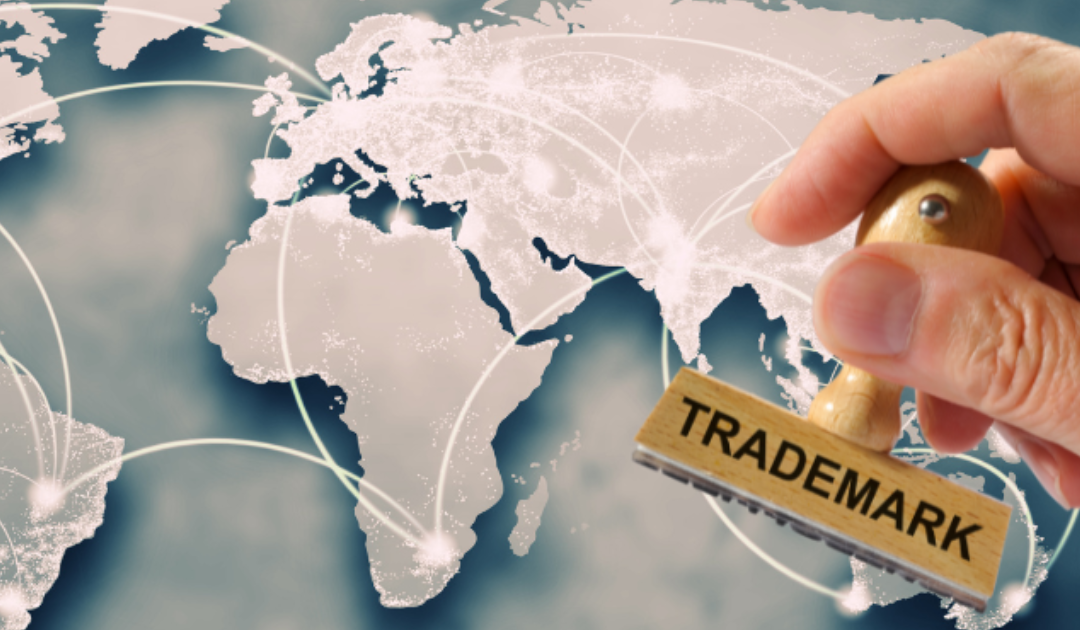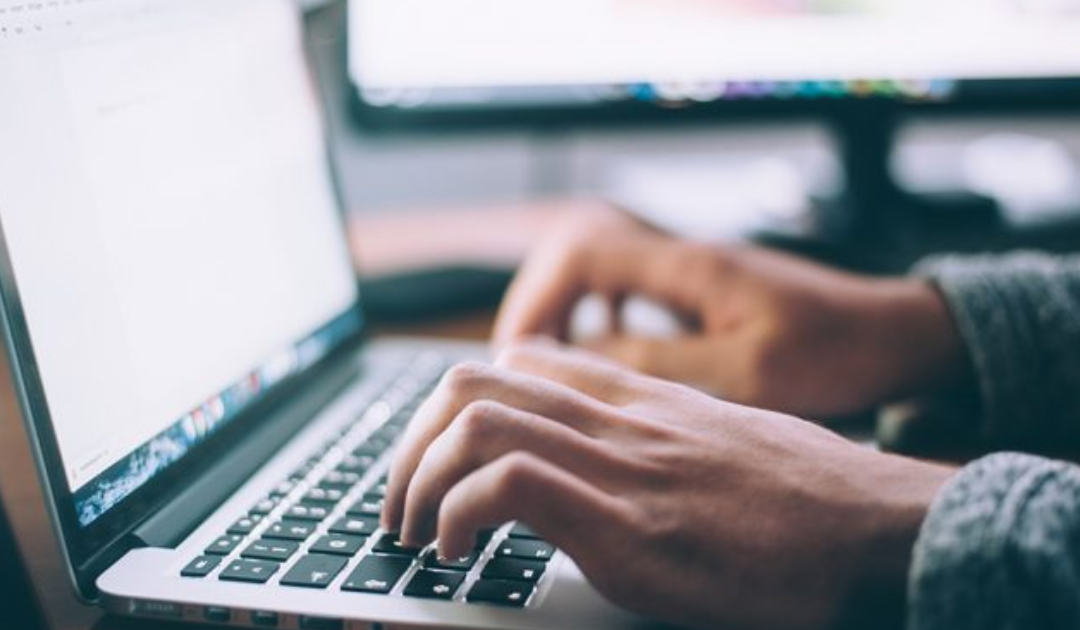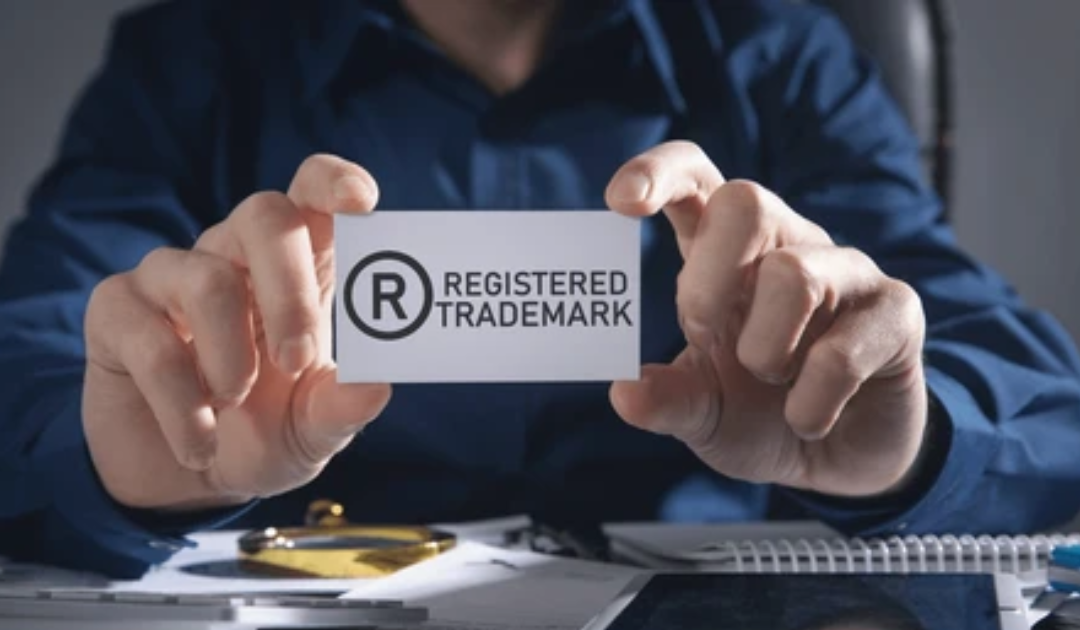The legal profession continues to evolve to keep up with the demands of clients and the ever-changing landscape of the law. Managing legal documents efficiently is one of the most challenging aspects of this evolution. Whether it’s contracts, case files, intellectual...

















